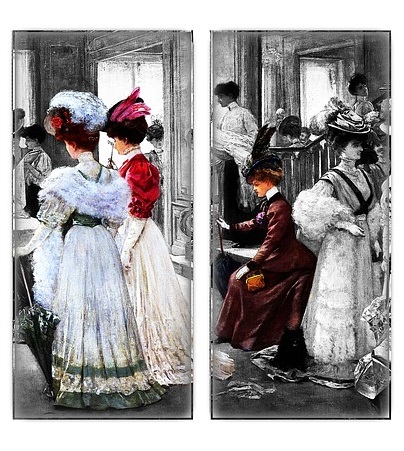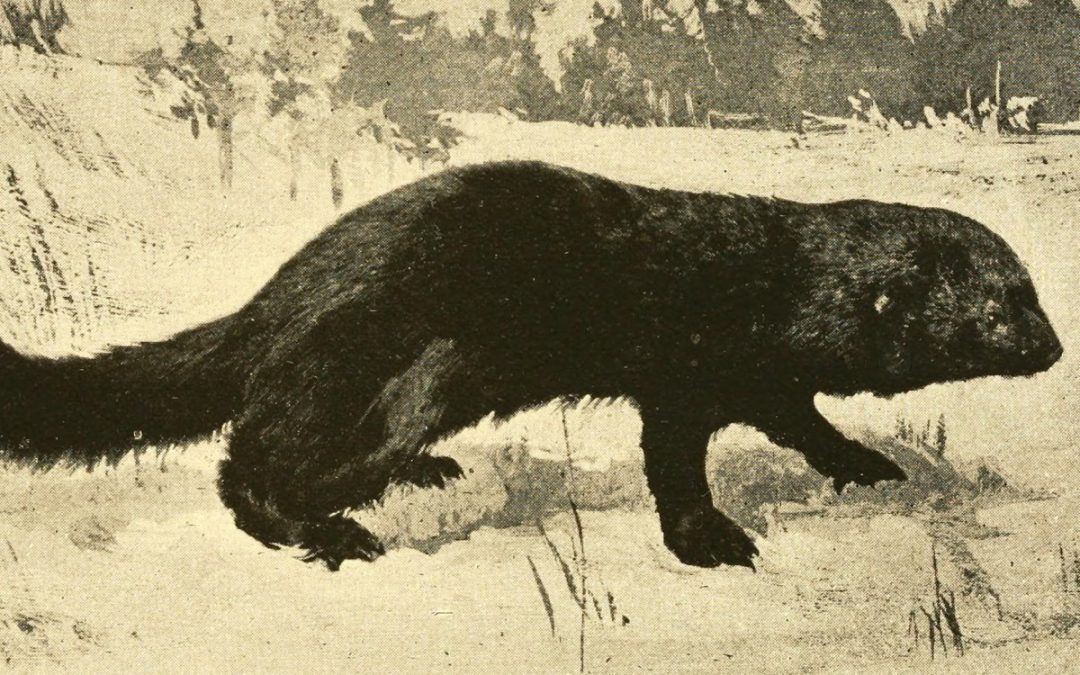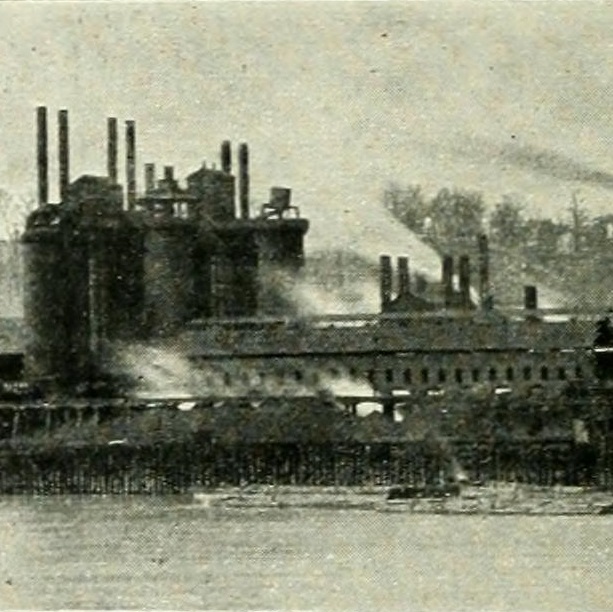
Book review: Sketches by Boz
The buzz about Boz!
Of course, they don’t write ‘em like this anymore.
Hooray for Charles Dickens (1812-1870). I’m talking about Sketches by Boz, his first book published in 1836.
I’m talking not only about the obvious point (Dickens has been dead these many years), but also about my understanding of the palpably inimitable Dickensian style.
Dickens does not fail to offer, time after time after time, character portraits that spring to life as you turn the pages—he sketches his characters with disinterested honesty, stout-hearted realism, generous indulgence, often a touch of whimsy…
A case in point: “The Four Sisters,” who inhabit No. 25 Gordon Place in Sketches by Boz. In his brief (five pages) exposition of these cloistered ladies, Dickens ventures to create four personae that are not, will not, cannot be demeaned as a stereotype.
The Miss Willises—the master doesn’t trouble himself about not calling them the Misses Willis—are a scream, in a fastidiously literary kind of way.
Here’s a taste:
“The house was the perfection of neatness—so were the four Miss Willises. Everything was formal, stiff, and cold—so were the four Miss Willises. Not a single chair of the whole set was ever seen out of its place—not a single Miss Willis of the whole four was ever seen out of hers. There they always sat, in the same places, doing precisely the same things at the same hour…They seemed to have no separate existence, but to have made up their minds just to winter through life together…The eldest Miss Willis grew bilious—the four Miss Willises grew bilious immediately. The eldest Miss Willis grew ill-tempered and religious—the four Miss Willises were ill-tempered and religious directly. Whatever the eldest did, the others did, and whatever anybody else did, they all disapproved of…”
I think this passage, like so many scenes in Dickens, is a singularity.
Re-reading Dickens is a singular treat for me.
You’re right, this is not quite a book review. I have a love affair with words, the carefully chosen words, words that express in exceptional ways the boundless variety of our thoughts, experiences, and emotions. I think a lot about life, the human condition, loving relationships with others, and the many levels of beauty, serenity, and delight in our natural environment. Reading the pithy words of real wordsmiths is always a learning opportunity.
* * * * * *
Book review. Copyright © Richard Carl Subber 2018 All rights reserved.
Book review: The Blithedale Romance
by Nathaniel Hawthorne, not his best…
click here
–
Above all: Poems of dawn and more with 73 free verse poems,
and the rest of my poetry books are for sale on Amazon (paperback and Kindle)
and free in Kindle Unlimited, search Amazon for “Richard Carl Subber”
* * * * * *



